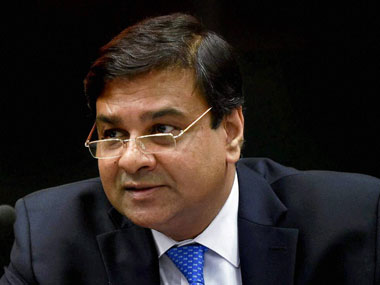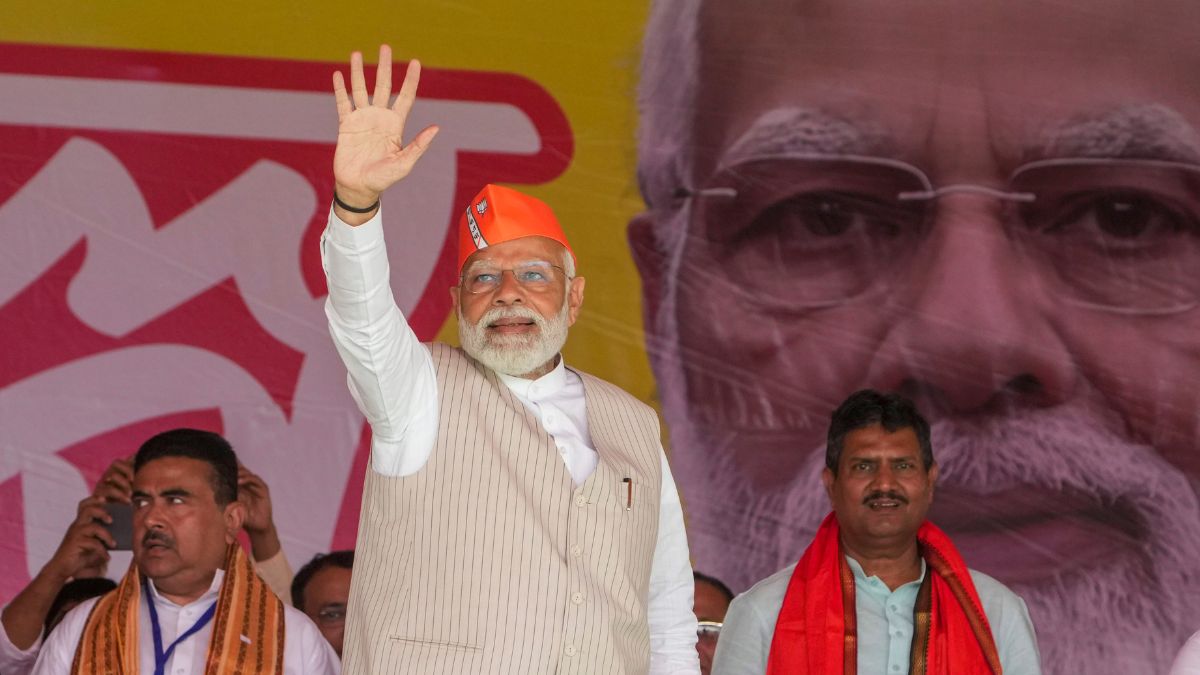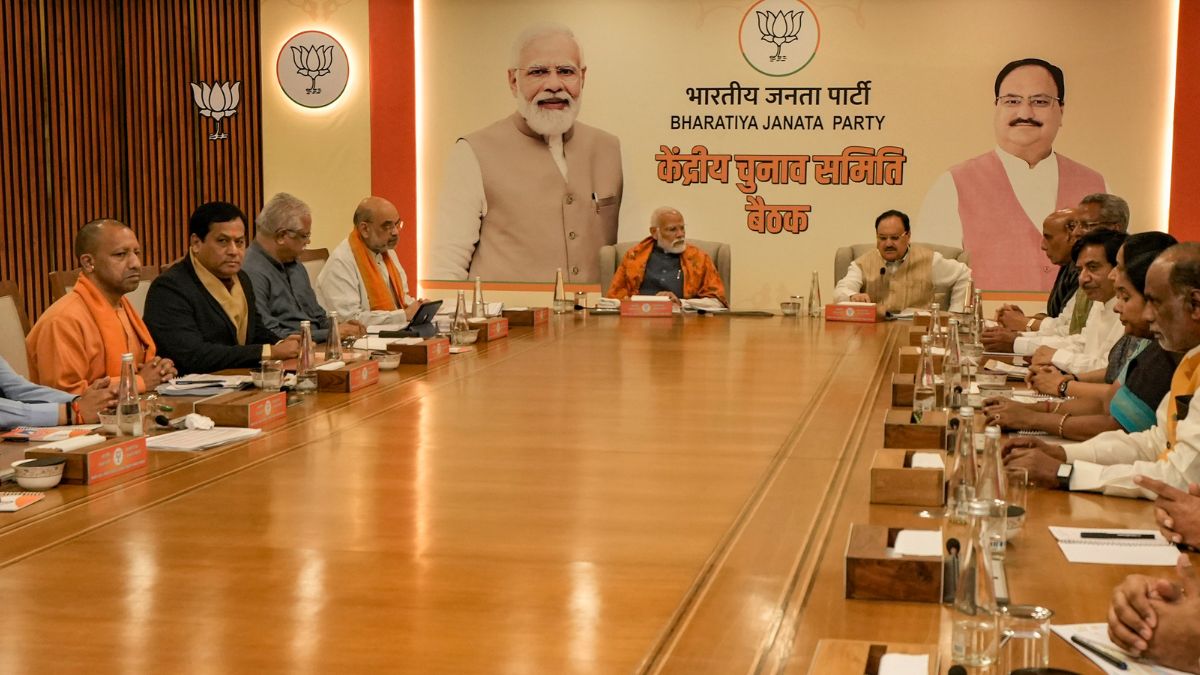The cacophony around Reserve Bank of India’s “autonomy” and “integrity” has reached such a fever pitch that it seems India’s central bank has overnight become a clerical subdivision of the government under a pliant governor. After agenda-driven phony debates around “intolerance” or “attacks on minorities”, the unfortunate Urjit Patel has become the latest beating stick with which to attack the real target — Narendra Modi.
By dragging him into a political battle of one-upmanship, the media is butchering the reputation of an RBI governor who has till now done an admirable job of managing the deeply chaotic fallout of a step that completely disrupted the contours of Indian economy. Whether demonetisation was good, or bad, is the subject of a separate debate. I wish to show that crying wolf about Patel’s supposed pliancy carries absolutely no sense and flies in the face of available evidence.
This isn’t to say that there should be no debates about autonomy of institutions in a democracy. These are necessary checks and balances in a system and their status needs periodical assessment. But this debate has now become a purely political one. There has been no rational discussion on the role of RBI — how its autonomy compares to central banks around the world, if it has always remained a fiercely independent body or whether the very nature of the institutional relationship between the Centre and the RBI allows a large degree of autonomy.
Instead, we have cherry picking of facts to suit the already arrived-at conclusion that the government bullied RBI into submission and a hapless governor was only too happy to play along. The inference being suggested is that “in the interest of RBI’s institutional autonomy and his personal integrity” Patel should have crossed swords with the Centre and even tendered his resignation when the demonetisation idea was mooted because it is a “bad idea imposed by a dictatorial Prime Minister”.
Should Patel have resigned to “prove” his integrity?
For all the talks of autonomy, the central bank’s opinion on the move has not even been considered for discussion. Despite evidences to the contrary, media critics and Opposition have taken it as axiomatic that the central bank was inherently opposed to the idea of demonetisation and acquiesced only because the government forced it to.
Whereas, in its note submitted to a Parliamentary panel on 22 December, the RBI said: “It occurred to Government of India and the Reserve Bank that the introduction of new series of notes could provide a very rare and profound opportunity to tackle all the three problems of counterfeiting, terrorist financing and black money by demonetising the banknotes in high denominations of Rs 500 and Rs 1000 or by withdrawing legal tender status of such banknotes… Though no firm decision was taken initially, whether to demonetise or not, preparations still went on for introduction of new series notes, as that was needed in any case.”
While burning in apoplectic indignation, the media or the Opposition has not even paused to think that instead of “pliancy”, this could actually be an evidence of concurrence between the central bank and government. Why do we assume that Patel lacks a spine and was pushed into consensus? What has the incumbent RBI governor done (or not done) so far to raise such an assumption among media mandarins?
Is it because we have become predisposed to expect central bank chiefs will hold regular news conferences to deliver quotable quotes? Is it the mandate of the RBI governor to be eloquently garrulous and acquire front-page coverage with loaded hints against the government of the day? Has the metric of judging the excellence of chief central banker has suddenly changed?
Singapore-based independent financial markets consultant and columnist V. Anantha Nageswaran, who is also the co-Founder of Takshashila Institution, writes in his blog: “Frankly, what do the critics have to throw at RBI? The rupee is stable. Inflation rate is coming down. Interest rates are coming down. The foreign exchange reserves are adequate. Who knows what the economic growth rate is? In any case, is that RBI’s baby? …It is the so-called execution of delivering notes that has elicited these reactions – if banks colluded with the rich to send out notes through the back door as Srivatsa put it his article – can the RBI Governor act as the watchman at every branch?
Has it occurred to anyone that far from proving “autonomy”, frequent media interventions from acting heads actually destroy the institutional relationship?
Patel, it may be argued, has actually showed far more integrity, independence and autonomy than he is given credit for. He has recently warned the government against distorting the market by offering subventions to lower interest rates. Patel was fully aware of the Prime Minister’s New Year’s Eve address where such guarantees were laid out but he still went ahead at the risk of irking the government.
“While some government guarantees and limited subventions can help, steep interest rate subventions and large credit guarantees impede optimal allocation of financial resources and increase moral hazard,” Patel said during this year’s Vibrant Gujarat summit .
If this is not an expression of independence, what is?
The RBI governor has, as R Jagannathan pointed out in his recent Swarajya column , even before the monetary policy of December was announced, “raised the cash reserve ratio (CRR) to 100 percent retrospectively, thus putting the government on notice that it will have to deliver monetary stabilisation (MSS) bonds to absorb the excess deposits. This will cost the government, and the RBI’s shock announcement does not indicate any subservience to the government in the conduct of monetary policy.”
As far as institutional autonomy of central bank is concerned, one has only to turn the pages of recent past to see how RBI governors have remained silent when loans were waived off by the UPA or fiscal deficit gap widened due to Congress’s profligacy.
We already know as bunkum the suggestion that RBI was told about demonetisation just a day ahead of its implementation. Though such an impression was built up by twisting the information submitted to the Parliamentary panel by RBI, subsequent interventions have proven that the government and the RBI began discussing demonetisation as far back as January 2016, though minutes of those meetings were not maintained to prevent leakage of information.
The trouble is not that Patel or RBI hasn’t said anything. The trouble is that we are not ready to heed what they have said, much less take them seriously because we are already convinced of RBI’s pliancy and lack of integrity. It reflects poorly on us, not the RBI.
Read a view on Urjit Patel’s response to Parliamentary panel here


)




)
)
)
)
)
)
)
)